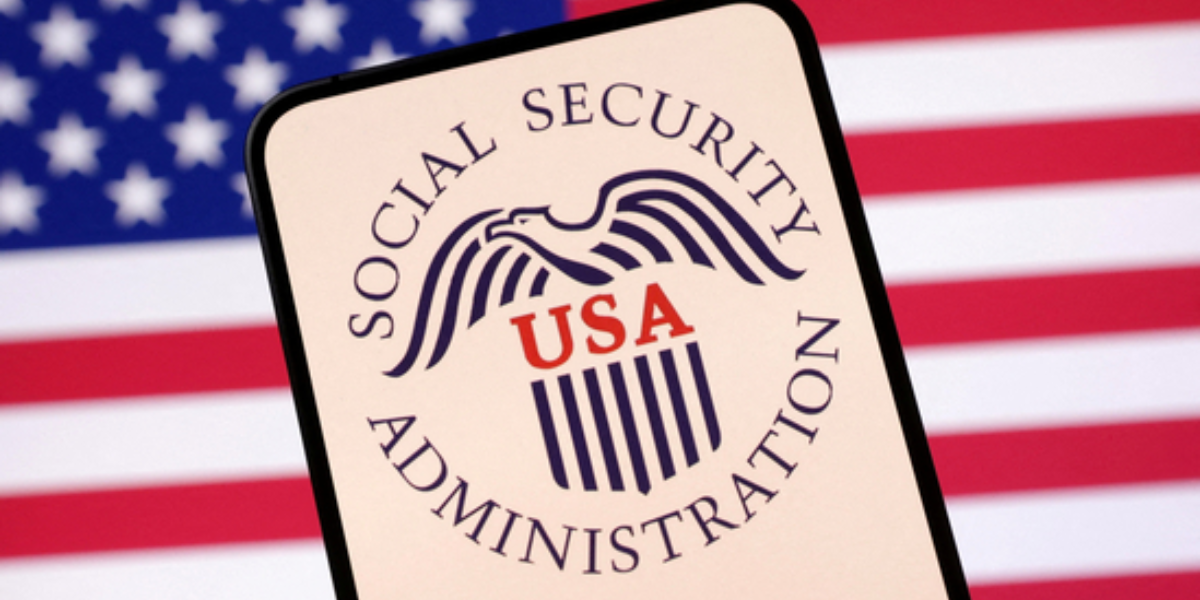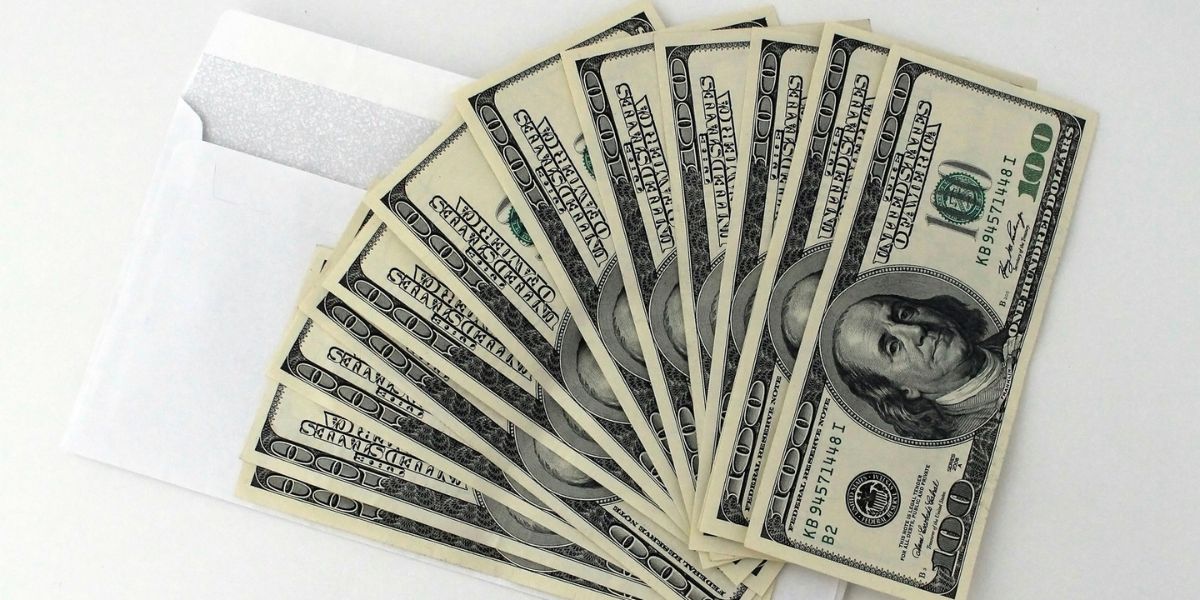Payments from Social Security are a significant source of assistance for people living in the United States. These payments are a financial contribution that assists a vast number of families in overcoming their financial challenges. These advantages, which vary according to date of birth and family situation, are eagerly anticipated by the American people; nevertheless, some individuals are required to wait longer than others in order to obtain them.
The ideas that underpin Social Security are founded on the provision of monthly payments to various segments of the population in the United States. These benefits are intended to economically recompense individuals who have suffered losses as a result of, for instance, retirement, disability, or death. According to the available data, around 96% of occupations in the United States are covered by some form of insurance.
This June, there have been some delays for retirees and beneficiaries of SSI (Supplemental Security Income) and SSDI (Social Security Disability Insurance). These individuals will have to wait a little longer to access the benefits and receive this additional assistance for their financial situation. Due to the fact that they are members of the so-called Group 1, retirees who started receiving this support when it was originally implemented in May 1997 would be the first to get the payout.
When are the dates that Social Security payments are received?
- May 31. SSI Group: Advance SSI payments in June.
- June 3: Group 1: Retirees who began receiving benefits before May 1997.
- June 12. Group 2: Dates of birth from 1 to 10.
- June 18. Group 3: Dates of birth from 11 to 20.
- June 26. Group 4: Birthdays from the 21st to the 31st.
Who has not yet received their Social Security payment?
People who will not receive payments until June 12 are those who have been receiving benefits since May 1997, those who belong to the SSDI Disability Insurance, survivor beneficiaries and those who have recently enrolled in SSI.
What happens if I have not received my Social Security payment on the due date?
It is recommended to wait up to three business days before making any claims or contacting the agency. Payments are electronic, so they are not usually delayed. If after this period of time the delay continues, people can contact the Social Security Administration


 by
by 
